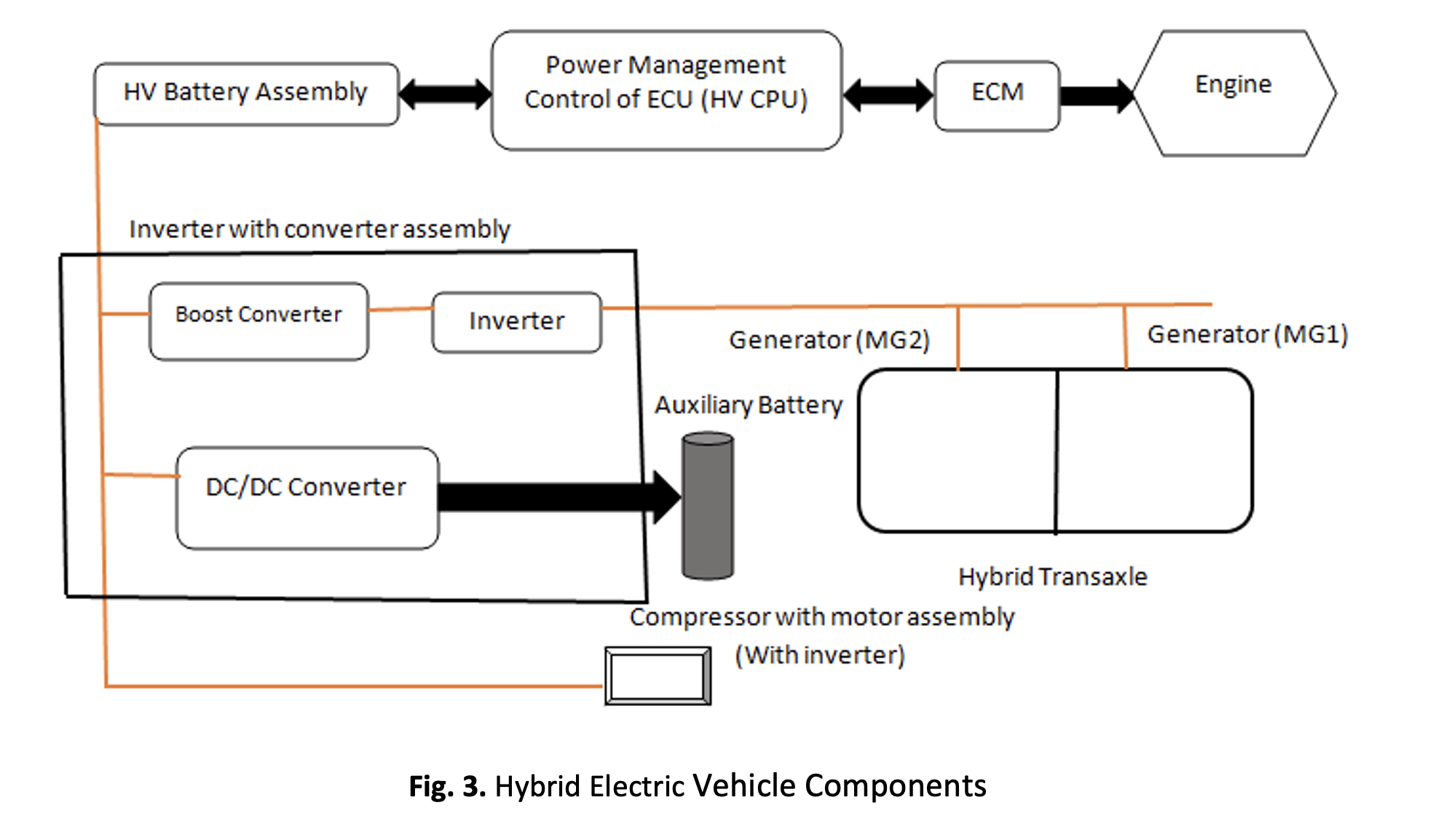A Critical Review of Hybrid Electric Vehicles
DOI:
https://doi.org/10.37934/araset.29.1.283294Keywords:
HEVs, ICE, DC-DC Converter, Control TechnologiesAbstract
As per the growing consumption of fossil fuels and their significant harmful impact on the environment, the fuel-efficient vehicle is highly preferable and thus its development is greatly accelerated. Hybrid Electric Vehicles (HEVs) have proven to be a better choice. Along with better fuel efficiency, and reduced emissions in compliance with the environmental laws, it lessens the crucial impact of rising gasoline prices on consumers. The HEVs include the electrical and internal combustion engine propulsion system. This work discusses a thorough analysis of the HEV components including the architecture, the mathematical model and their Technology.
Downloads





























